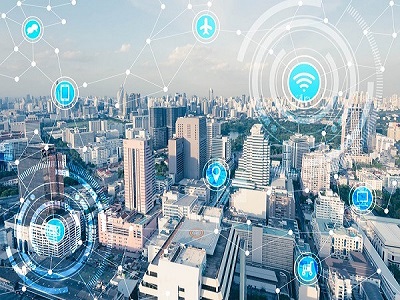Welcome to Cambridge AI+
Cambridge AI+ is a start-up that focuses on
- Developing innovative Artificial Intelligence (AI) and machine learning technologies;
- Applying for intellectual property rights in the technologies we develop;
- Collaborating with partners to apply the developed technologies and IPRs to smart building/city, self-organising network (SON), big data analytics, and wireless communications;
- Commercialising some of the unique technologies that we develop.
Introduction of AI and Machine Learning
The terms AI and machine learning have become pervasive and productivity-boosted than ever before, especially in the areas of autonomously operating cars, understanding human speech, and competing at top-level strategic games. They enable the devices to perceive environmental context and then decide the next action with maximum probability of achieving goals successfully. Since the AI academic discipline was founded 1956, the basic-problem scope has been enriched with the expansion in reasoning, knowledge representation, learning, natural language processing, and perception.
AI provides us with intelligent machines while machine learning is the intelligence-support algorithm as well as the enabler of AI. The machine learning is driven by learning from historical data based on statistical techniques and mathematical optimisation, and it can make predictions on data without being explicitly programmed. The machine learning approaches include artificial neural networks, classification, clustering, reinforcement learning and transfer learning etc. In wireless communication, the implementation of intelligence is becoming an emerging research area as it can be seen from the 3GPP, Next Generation Mobile Networks Alliance, and many research initiatives. The researches have reached some milestones, such as the self-organising network (SON) based on the classification of parameters and context-aware mobile-edge caching schemes. Accordingly, the intelligent wireless network builds a foundation for future smart cities.
Applications
- Smart building;
- Smart city;
- Big data analytics;
- Self-organising network;
- Wireless communication


